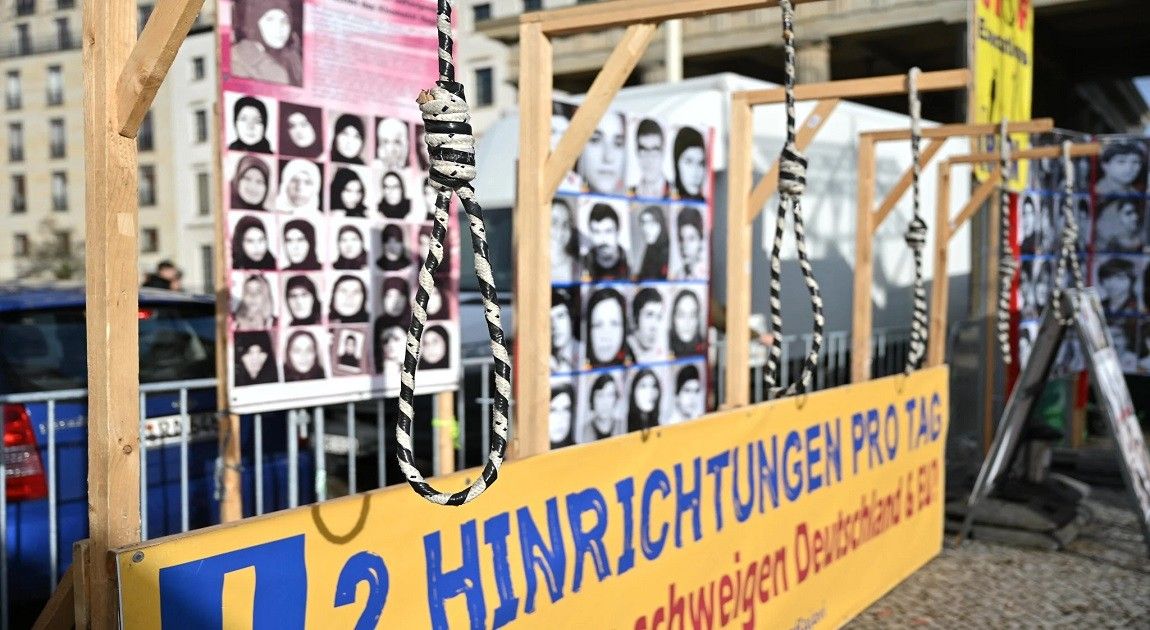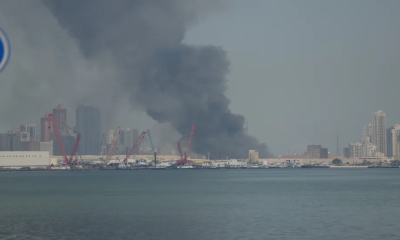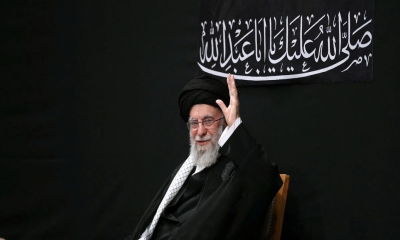As the dust settles over a fragile US-brokered ceasefire between Iran and Israel, Tehran has begun a ruthless internal purge.
Over the last 12 days, Iran has arrested more than 700 individuals suspected of aiding Israel during the most intense regional conflict since the Gulf War. On Wednesday morning, three men were hanged in the northwestern city of Urmia, accused of collaborating with Israeli intelligence, according to Iran’s judiciary-controlled Mizan news agency.
The executed men—Idris Ali, Azad Shojai, and Rasoul Ahmad Rasoul—were charged with smuggling equipment used in a covert assassination. Their trial, as with many espionage cases in the Islamic Republic, was fast-tracked under emergency wartime protocols. No defense statements or independent verification were made public. Only grainy photographs emerged—three men in blue prison uniforms, led to their fate.
“Since the beginning of Israel’s attack on Iran, the Zionist regime’s spy network has been highly active,” reported Fars News, a state-affiliated outlet.
This wave of executions comes just days after Iran also executed others accused of being Mossad agents—a message from Tehran that the battle did not end with missiles, but now continues in silence, in courts and prison cells.
The war began with a sudden Israeli airstrike on June 13, targeting Iranian nuclear scientists and elite military figures. Israel claimed the offensive was meant to neutralize what it deemed “existential threats” from Iran’s accelerating nuclear and missile programs.
Iran’s response was ferocious. Over 550 ballistic missiles and nearly 1,000 drones rained down on Israeli cities and military installations. Hospitals, apartments, and universities were struck. At least 28 Israelis were killed, thousands injured, according to Israeli health officials.
The United States joined the fray, striking Iranian nuclear sites at Natanz, Fordo, and Isfahan, deep inside Iranian territory. Iran retaliated by launching a missile attack on a US base in Qatar—although it issued a warning, and no casualties were reported.
Now, inside Iran, the war’s second phase has begun: a crackdown on alleged traitors. The arrests—reported by state-linked media—span several provinces and involve not just civilians, but also former military, tech workers, and communications specialists.
While the government paints these actions as a defense against espionage, human rights groups have long warned that Iran uses such crackdowns to silence dissent and instill fear. Iran remains the second-highest executioner globally, after China, according to Amnesty International.
The ceasefire, hailed by former U.S. President Donald Trump as a “historic peace,” remains fragile. Both Israel and Iran have declared victory. Yet, the silence feels temporary—punctuated by hangings and headlines.
For Iran, this moment marks more than just the end of open hostilities. It signals the beginning of a high-stakes internal war—against spies, collaborators, dissenters, and shadows.







-20260303080739.webp)
-20260302065048.webp)




















-20260225072312.webp)



